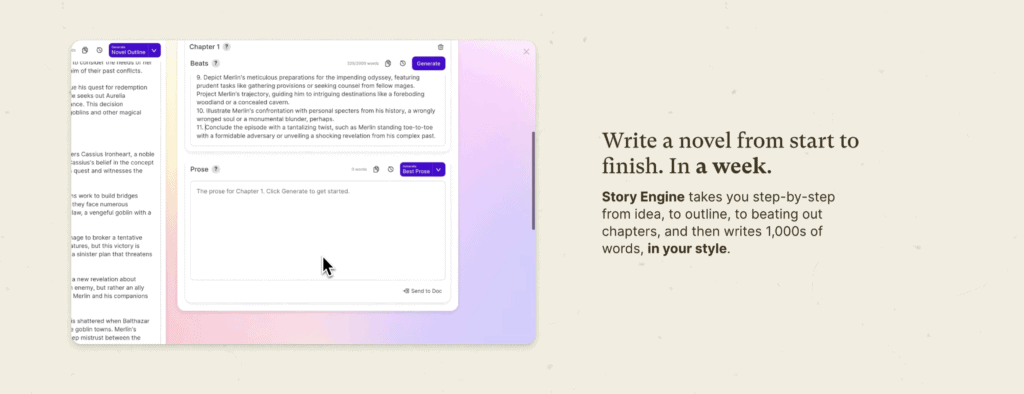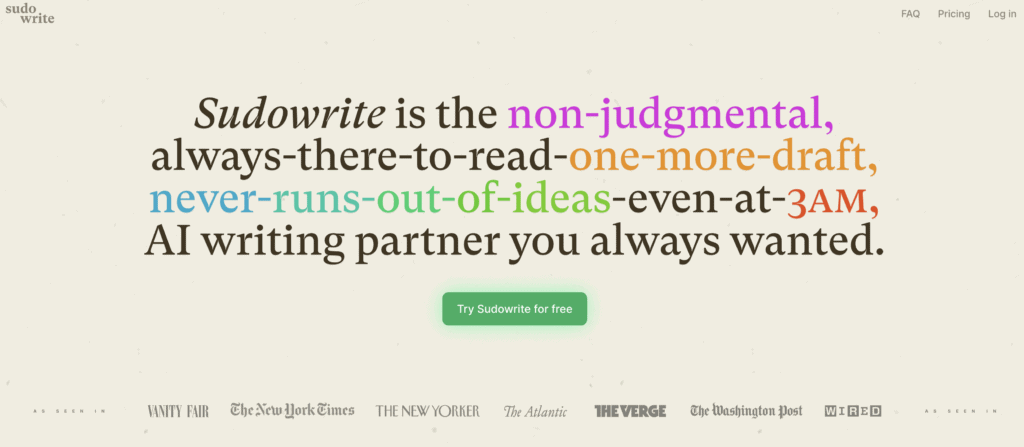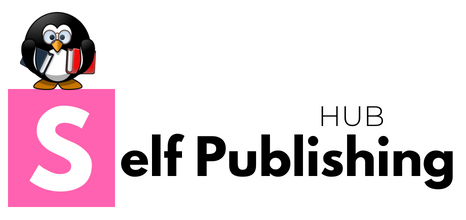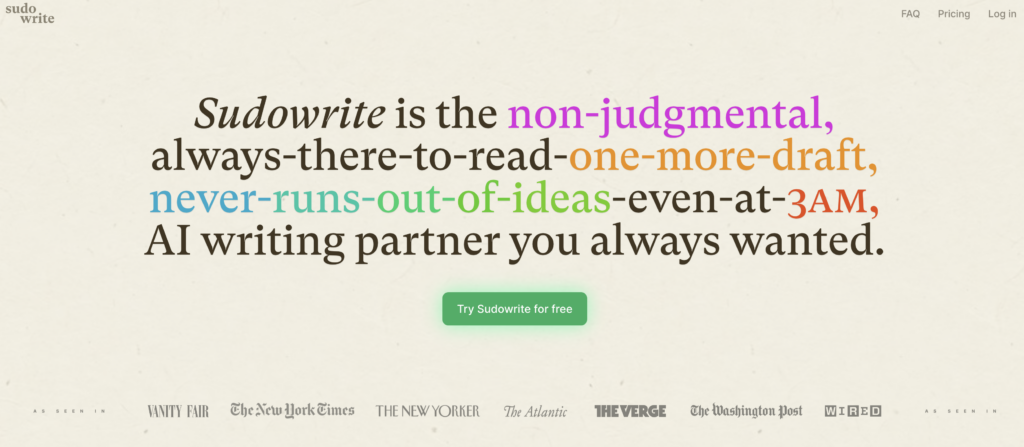By now I’ve hopefully made it abundantly clear that my main goal on this blog is to offer help to other newbie writers. One of the ways I thought I could do this was by simply researching and sharing answers to questions I’ve had during my neophyte days as a self-published author. Today’s question is why and how do authors use italics in their writing?
So today, I wanted to answer this basic question that I needed answering when I started writing my novel; the question is about the proper use of italics in writing. I had a decent handle on it but just wanted to make sure I was following basic formatting conventions when it came to using italics. So, Why do Authors use Italics in their writing? Writers use italics in their writing to display the following:
- Titles
- Foreign Words
- Inner Thoughts
- Dreams and Memories
- Emphasis
- Sounds Reproduced as Words
- Names of ships
- Letters as letters
- Words as words
We will take a closer look at each of the reasons authors italicize parts of their book later in this article.

Article Topics
What does italicize mean and what does it look like?
But first, let’s make sure we are all clear on what we mean by italicized text. Italicization is best described as using a print font that can be best described as (slanting upward and to the right.) or italics.
Italization can be expressed by a single underline when writing by hand.
In case you didn’t pick up on it italics were used in the section above. Here is another example of what italicized font looks like:
Italics or italicized font look like this
Examples of Proper Italicization in a Book
Use Italics to Denote Titles
Authors should use italics when they are naming a title of stand-alone works like books, tv show, short story, or newspaper.
Example of using italics in titles: My girlfriend and I watched an episode of the Goldbergs and the entire thing was a parody of Goonies.
Remember if the title includes and exclamation point or question mark, the punctuation gets italized as well.
The exception to italicizing titles comes when you are denoting religious works like the Bible. The Bible is not italicized nor are the titles of books within the Bible. Same goes for the title of short stories in an anthology, single episodes of tv shows, or journal articles because they CAN NOT stand alone.
The song title italization exception. Song titles are not italized, they should be placed inbetween quotation marks.
Example of how to denote a song title in a book with quotations: Angie listened to her new favorite song “It’s Raining Men” by the Weather Girls.
Click here to learn more about using quotation marks properly in dialogue.
Use Italics to Denote Foreign Words
Sometimes foreign words creep into English text. This is very common when using common foreign sayings that a reader would expect to see in the native language. An author should use italics when denoting words in a foreign language.
Example of Italization for Foreign Words: Adam pulled into the cul de sac right on time for their secret rendez-vous.
Any time you are including words in a foreign language make sure you remember to put them in italics.

Use Italics for your Character’s Inner Thoughts
When an author gives his/her audience a sneak peek into their character’s innermost thoughts they need to denote those thoughts with, yes you guessed it, italics.
Example of Italicizing Inner Thoughts: She aknowledged him with an endearing smile. He stood silent for what seemed like an eternity, My god she’s absolutely stunning, he thought before remembering to say hello.
Italicize Dreams and Memories in Your Story.
When you are writing a scene that isn’t occurring to the character at the present time but instead is a flashback to a past memory, you can use italics to visually separate this chunk of text to clearly denote that it happened in the past.
The same goes for writing a dream sequence for your character. If your character is having a dream, you will want to separate that text from the rest of the book by using Italics. This helps the reader know that what they are reading isn’t actually happening.
The context around the scene is crucial to help the reader know if the scene in question is a dream or a memory. For instance, if the character is seen in his bed, the reader would know the use of italics in this scenario denotes a dream and not a flashback.
Use Italics to Express Emphasis
When you are writing and need to emphasize a specific word, you should do so by using italicizing the word that you want to be emphasized.
This will let the reader know to pay special attention to a specific word. Using this correctly can give your writing a little extra impact, but make sure you don’t overuse this tactic as it will get lost and have the opposite effect. You probably want to use this even less in academic writing as it is often frowned upon in that setting.
Example of using Italics for emphasis: Julie’s eyes were shooting daggers at Doug, “I can’t believe you would bring that up!”
Use Italics to Illustrate Words as Sounds.
Sometimes it won’t be enough to describe the sound that is heard, but you actually want to create a more immersive experience to your audience, and actually hearing the sound is one way to do the trick.
Make sure you understand the difference between the name of the sound and the sound itself. The name of the sound does NOT get italicized. Whereas the audible sound itself does.
Example of name of sound vs auditory occurance: The cat meowed braking up the silence. vs. Her cat’s meeeeeooooowww broke the deafining silence.
Other example: Growl vs grrrr!

Other rules to keep in mind about using Italics
- When you are writing the name of a ship of any kind, on water, in air or space should be italicized.
Example of using Italics for names of ships. The Titanic or Apollo 13
- When using a Word as a word it should be italicized.
Example of using a Word as a Word with italics: The word strumpet had gone out of style a long time ago, but Shelly thought it was still entirely appropriate when desribing Alex’s new girlfriend.
- Use italics when using Letters as letters in your writing.
Example of italicizing letters as letters in your writing: They peered at the old treasure map wondering what was burried at the location where X marked the spot. or The g in my name is silent.
Should I use italics for direct quotes?
You don’t use italics when referring to a direct quote. Actually, according to MLA format, the way you format a direct quote depends on the length of the quote. You can read more about this here. But are the basics.
- For short quotes that are defined as 4 lines of prose or 3 lines of verse. Use quotations.
- For long quotes use a free-standing block of text- (a block quote) and omit the quotations.
There are also rules around citation in each scenario that you can find in the link mentioned above.
The conclusion to our Why do Authors use Italics article.
I hope this article has helped make sense of all the little intricacies around using italics in your writing. I know it was a little confusing to me when I started, especially when I was in the editing phase of self-publishing my first book.
I would recommend just bookmarking it and coming back to it if you have any questions about using italics in the future. I know grammar was never a strong suit of mine, I love telling stories but the mechanics and details of formatting were things that never came naturally to me.
With that said, I decided to look past those shortcomings and write my novel. I didn’t want to let something like that hold me back. So I went out and put in the work to learn what I didn’t know or what I didn’t feel confident in. I would like to congratulate you on doing the same! Hopefully, this article on how to use italics properly will save authors like me the hassle of doing the research on their own.
But I would recommend that you approach any self-identified gaps, head on, put in the work and you will surely up your game enough to turn a deficit into a strength.
Thank you for reading and more importantly writing!










